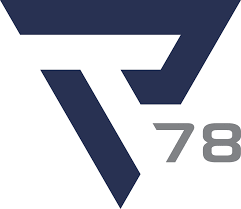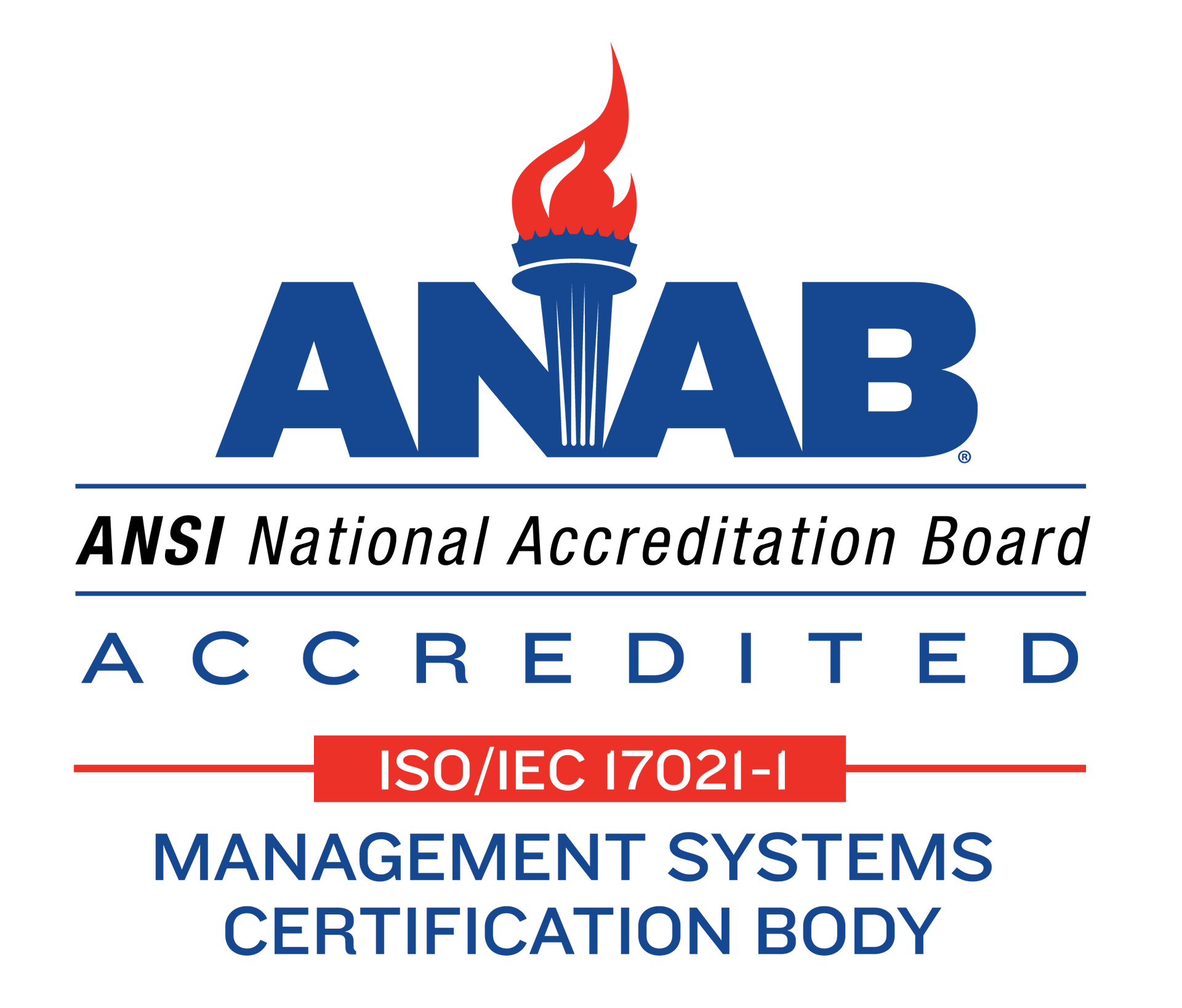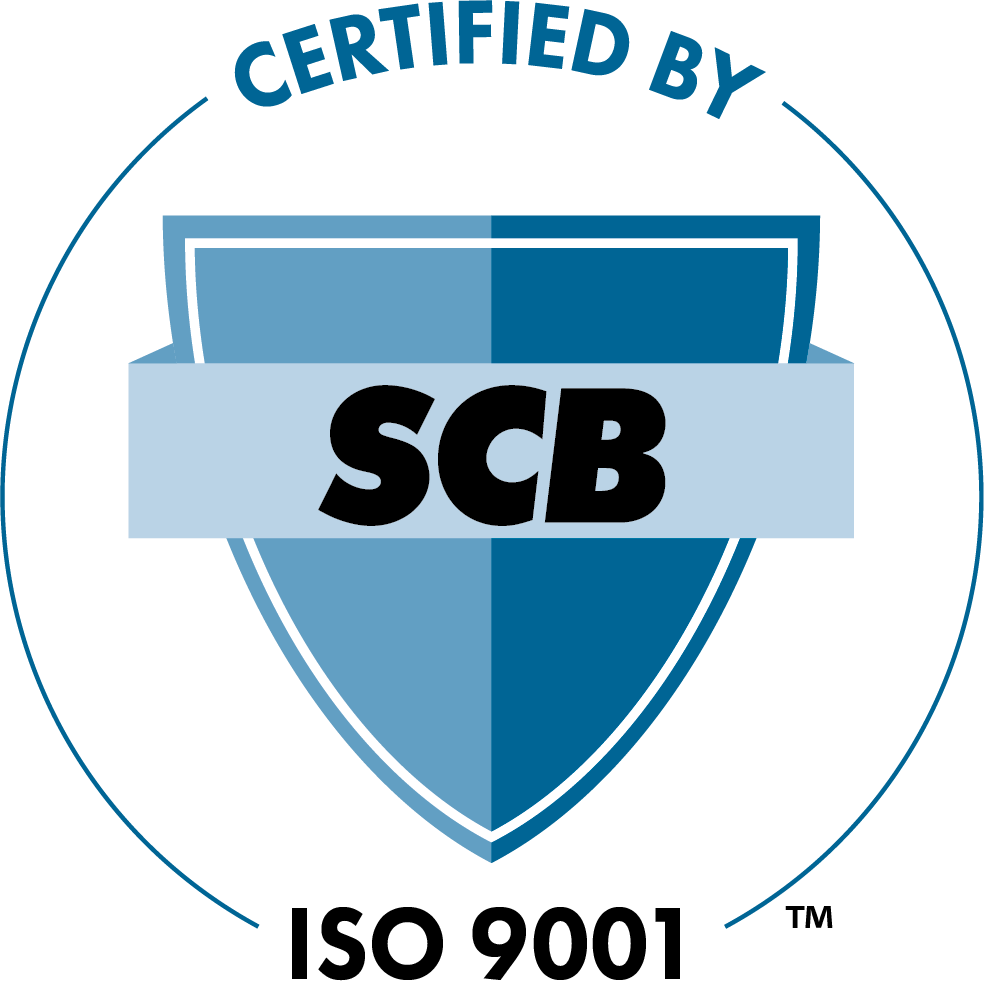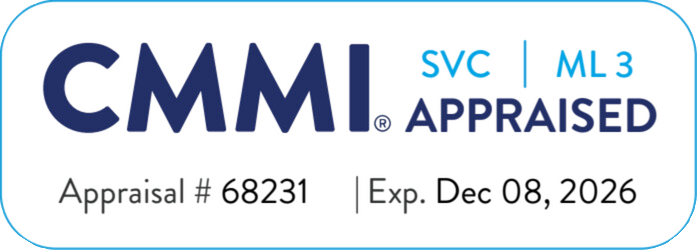Beyond Control: The Power of Trusting Your Team
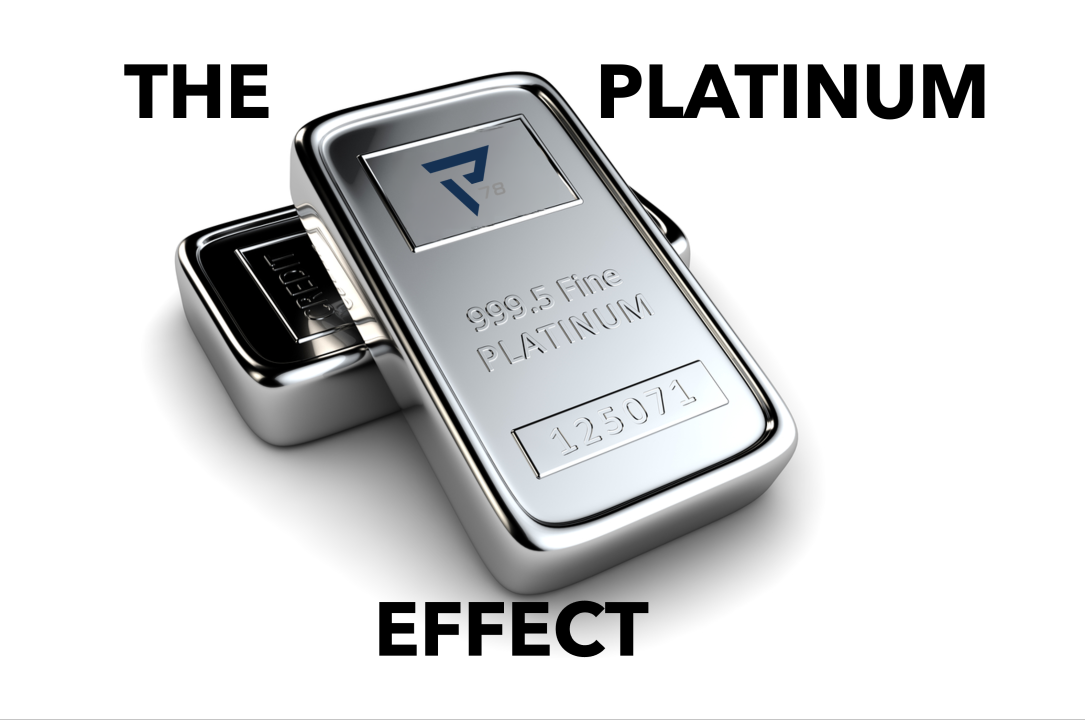
Leadership is about making others better as a result of our presence in a way that lasts in our absence.
-Frances Frei, Professor – Harvard Business School
For the past three weeks, I have been away for some formal executive education. The combination of case review with our professors, individual and team study from early mornings to late nights made for an intense but incredibly rewarding experience. An added (and arguably one of the more important) benefit was the opportunity to discuss challenges and strategies with contemporaries from around the world in an academic setting. It was a fascinating 21 days that accelerated my preparation for life on the horizon.
As I was preparing to head up to Boston, I found myself in a bit of a paradox. On one hand, I was eager to dive into my upcoming learning experience, not fully knowing what to expect but excited about the challenge. On the other, I was acutely aware that for the first time in a while, I would not be available to run the company. This absence wasn't just about me stepping away; it was going to be our litmus test for where we are as an enterprise. The question lingered—could the team maintain the same level of excellence without my direct involvement? In fact, in our opening session, Deepak Malhotra said to us all, “Well, if you can’t leave your company without it falling apart, it says something about you.” He then added, “If you can leave and they don’t even miss you, well, that says something too! In either case, you’re going to find out.”
It turns out, the Platinum team didn't just manage; they thrived. They solved problems, maintained operational rigor, and delivered topline results for our customers, all without missing a beat. This experience was a nice reminder that leadership isn't about constant oversight but about how you empower people, build their trust, and provide them with opportunities to meet new challenges. Reflecting on the actions that drove their performance, some key behaviors stood out:
- An Embrace of Our Cultural Alignment: The team exhibited a deep respect for one another and a genuine willingness to collaborate. This shared sense of purpose has been the foundation for our success, as everyone works towards the same goals with a clear understanding of our mission and values.
- Understanding Our Systems and Processes: While we might have a bit of band-aid or duct tape holding together a few spots, we’ve generally built a solid framework that supports our operations and allows us to punch well above our weight class. This focus on processes has been a core differentiator that sets us apart from the competition.
- Redundancy and Cross-Training: This has been pivotal to our resilience. The team stepped up beyond their primary roles and learned to become accountable for responsibilities outside of their core operating functions before they really needed to.
Lastly, we trust each other, and with that trust comes the responsibility of living with—and learning from—the decisions we all make. One of our aspirations is to continuously improve upon our decentralized decision-making to ensure our success is never reliant on a single individual, even me.
Going back to Professor Frei, she emphasized many of these points and underscored that team development is as much about creating experiences and developing the ability to handle different situations through a mix of preparation, empowerment, and learning. That said, solving the puzzle of Cultural Alignment and Operational Execution is tougher than figuring out any Rubik’s cube—because the answer can vary by organization. What’s clear is that our success hinges on more than just one person’s contributions, and we should celebrate the opportunity to build a culture where collaboration, trust, and adaptability are the norm.
This, my Platinum Effect Crew, is the power of a unified team that embraces shared goals and is committed and accountable to each other—not just for their roles, but for the success of the entire organization. I know many of you can relate—make sure you brag about your team and share these principles with your community. We’ll be better for it.
I went a little long today, but I want to extend my deepest gratitude to Brett Rome, Shimul Ray , Morgan Ainslie, Joel Shuler, CISSP, CEH, and the entire Platinum team for showing the best of leadership and embodying the values that make us who we are. You’re not just maintaining excellence; you’re setting the stage for an even brighter future.











